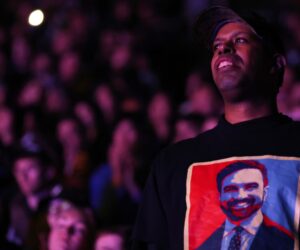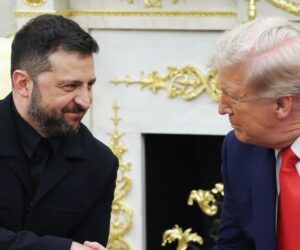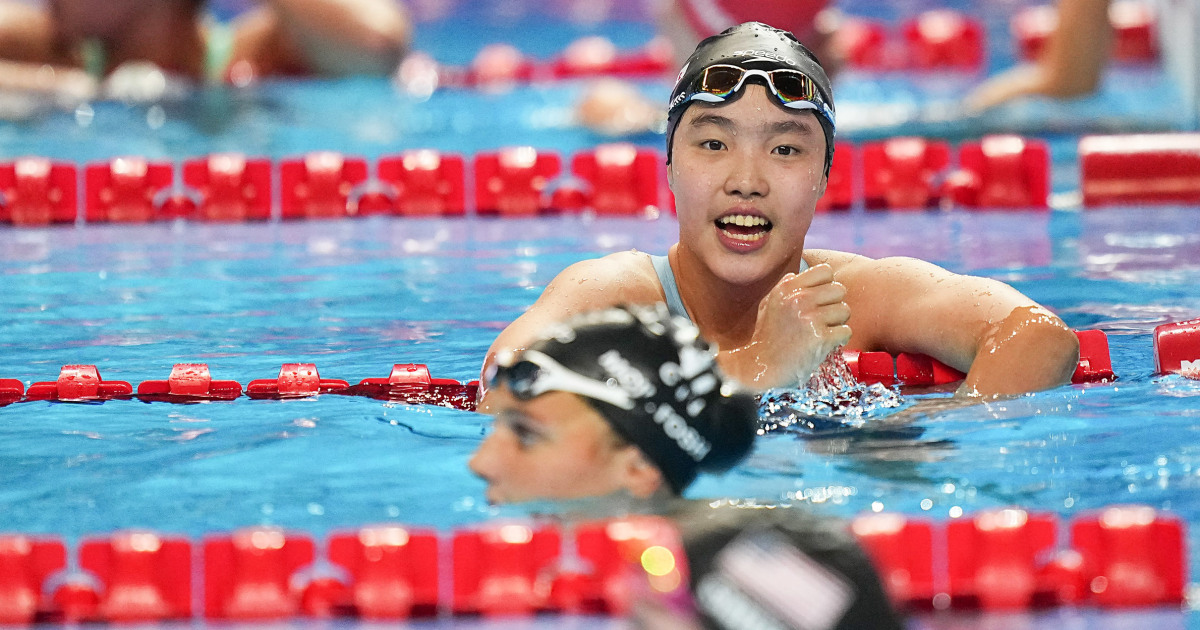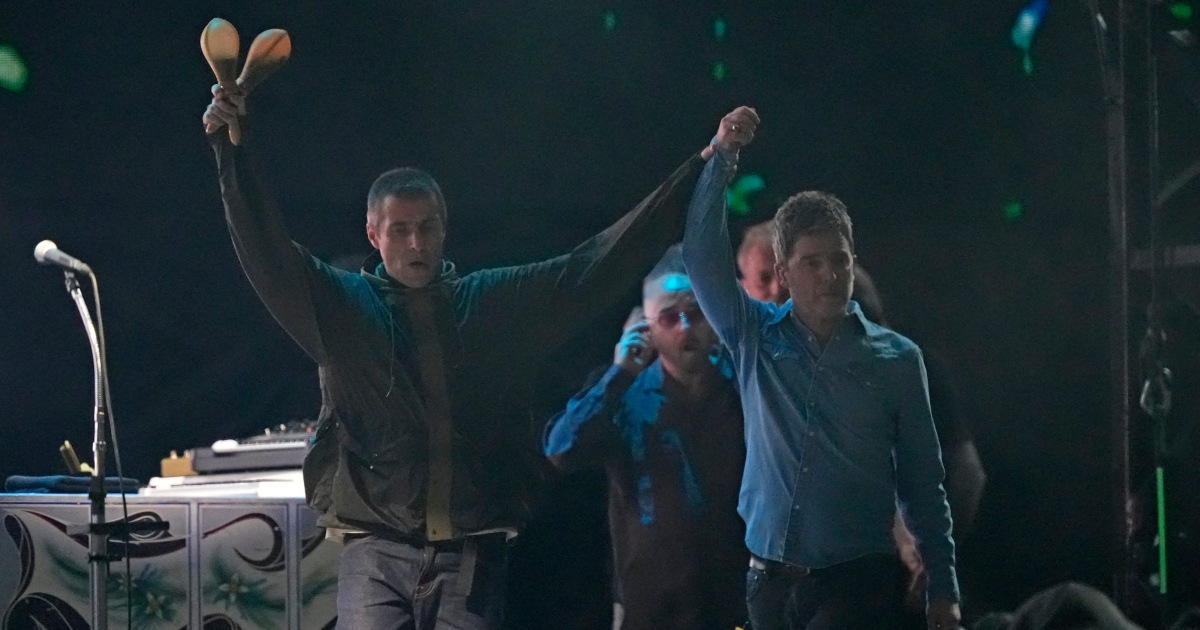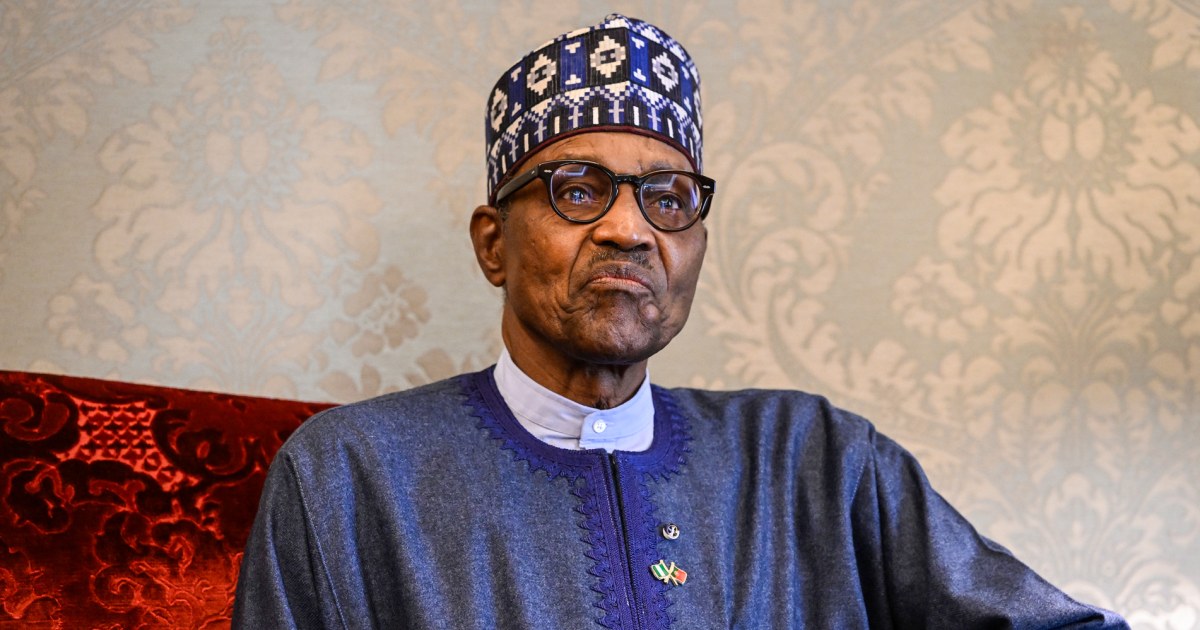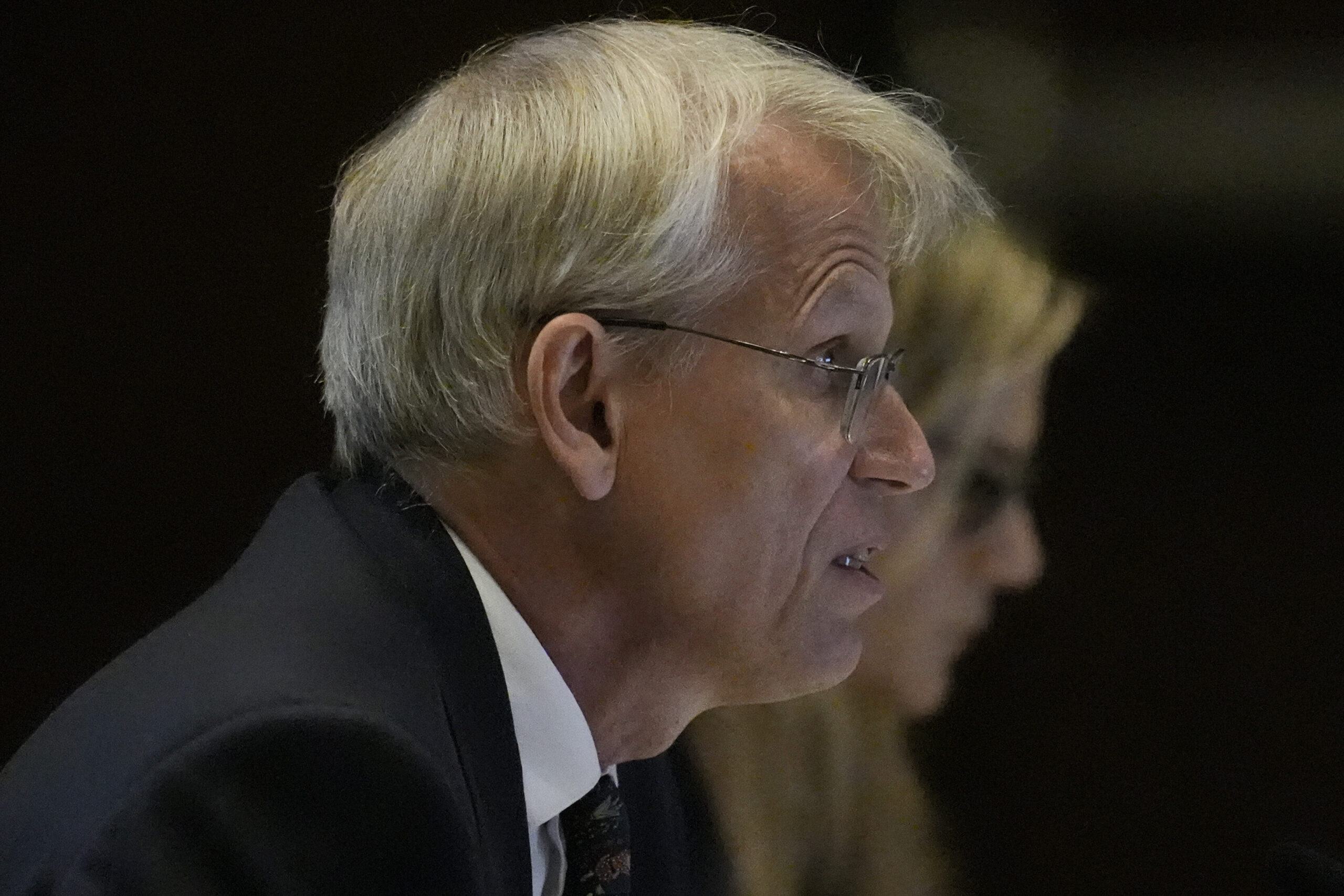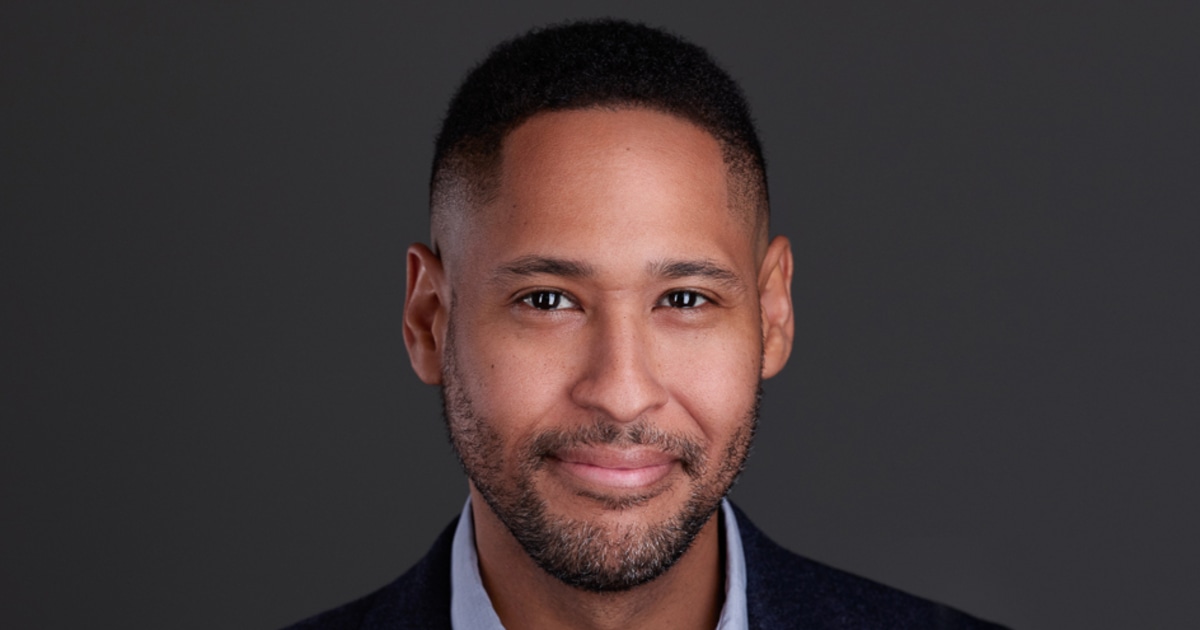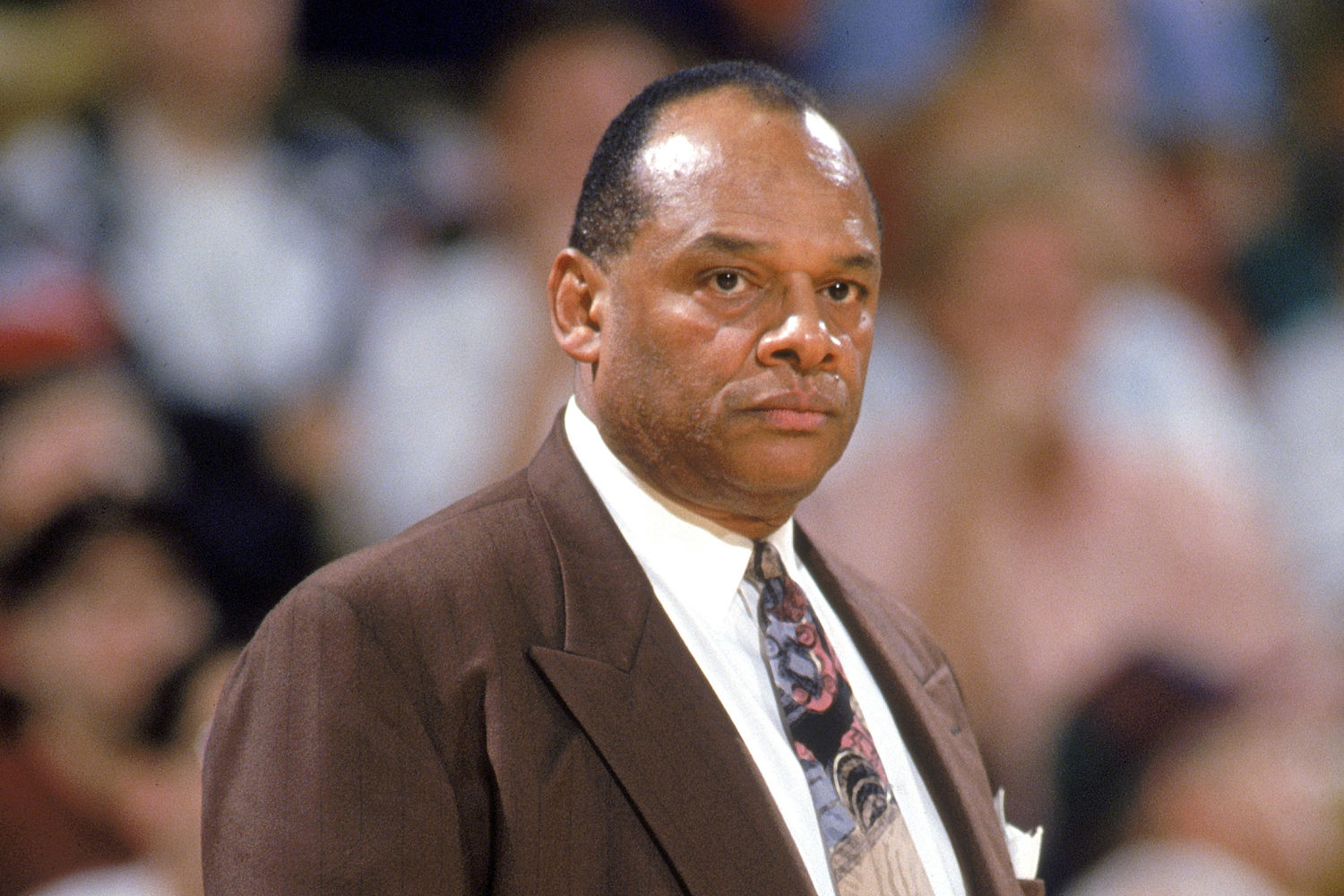
George Raveling, a Hall of Fame college basketball coach who Michael Jordan credits with influencing him to sign with the sneaker brand Nike — a move that launched a cultural phenomenon — has died. He was 88.
“It is with deep sadness and unimaginable pain that we share the passing of our beloved ‘Coach,’ George Henry Raveling, who faced cancer with courage and grace,” Raveling’s family wrote in a statement. “There are no words to fully capture what George meant to his family, friends, colleagues, former players, and assistants − and to the world.”
Raveling played at Villanova and became an assistant at the Philadelphia-area university in 1963. That launched a career that lasted more than three decades. He was an assistant coach at the University of Maryland, then head coach at Washington State, Iowa and the University of Southern California. He was named Pac-10 Coach of the Year three times, honored by the National Association of Basketball Coaches and inducted into the Naismith Memorial Basketball Hall of Fame in 2015.
Most notably, Raveling encouraged Jordan, after he left the University of North Carolina to join the NBA’s Chicago Bulls, to sign with Nike, then a fledgling brand, in 1984. A decade later, Raveling retired from college ball but stayed connected to the game, becoming Nike’s global basketball sports marketing director.
Jordan said in 2015 that Raveling “used to always try to talk to me, ‘You gotta go Nike, you gotta go Nike. You’ve got to try.'” Jordan did, and is estimated to have earned more than $1.5 billion in a deal that included 5% royalty for each pair of Air Jordans sold.
Actor Marlon Wayans portrayed Raveling in the 2023 film “Air,” about the intense battle among sneaker brands to sign Jordan.
In August 1963, Raveling and a friend were convinced by the friend’s father to attend the March on Washington for Jobs and Freedom, featuring Martin Luther King Jr.
The night before, they met an organizer who asked them to serve as security. Raveling was 6-foot-4.
The young men agreed, and Raveling was stationed on the stage throughout the event. When King finished electrifying the crowd in what became his most famous speech, Raveling’s youthful curiosity shone.
“At the end of the speech,” Raveling recalled to Andscape in 2020, “as Dr. King finished and started to fold his speech, as he walked away, I just said — I don’t know why, just impulsively said: ‘Dr. King, can I have that copy?’ And he turned and handed it to me.”
For 25 years, he said he never shared with anyone — not even his wife — that he owned the coveted papers. It wasn’t until 1983, when Raveling became the first Black coach at Iowa and in the Big Ten conference, that he shared that he had the original copy of King’s speech.
“He will be profoundly missed,” the family said in its statement, “yet his aura, energy, divine presence, and timeless wisdom live on in all those he touched and transformed.”


